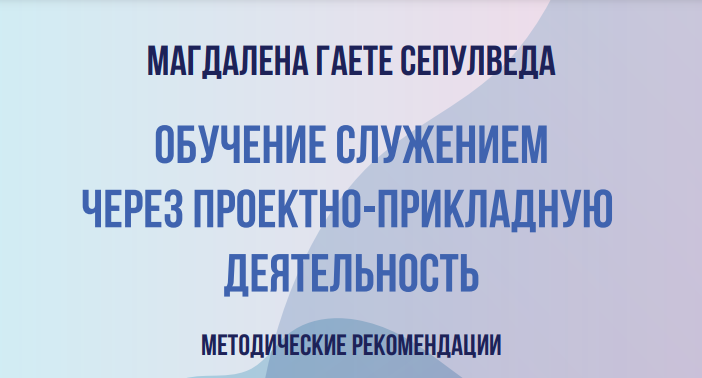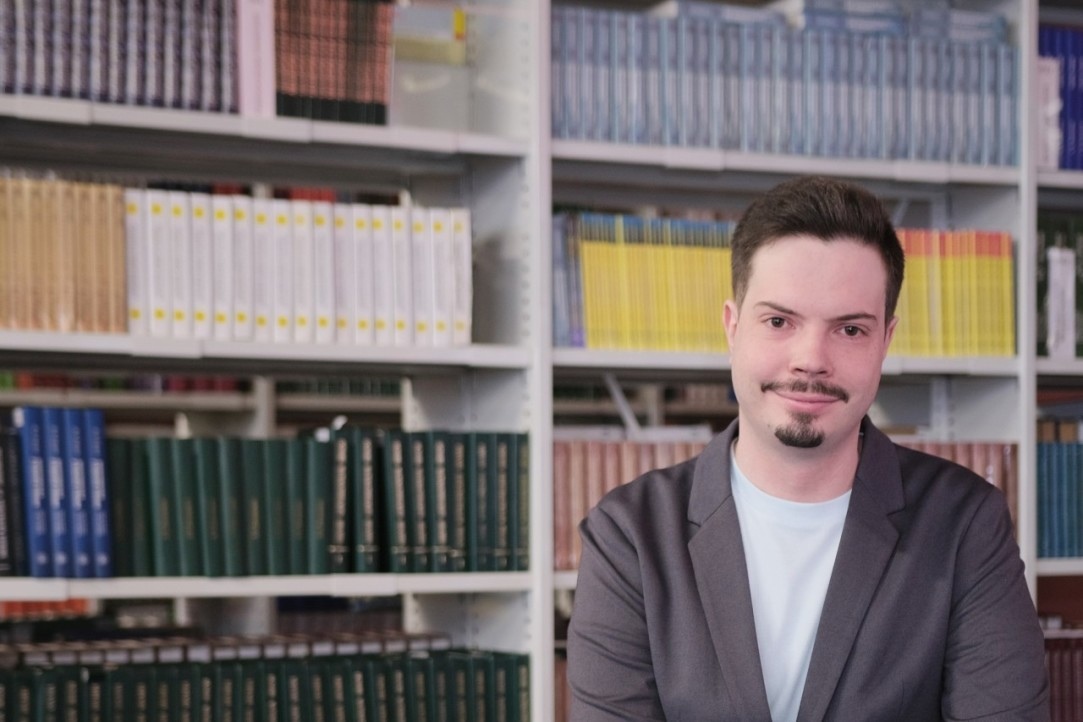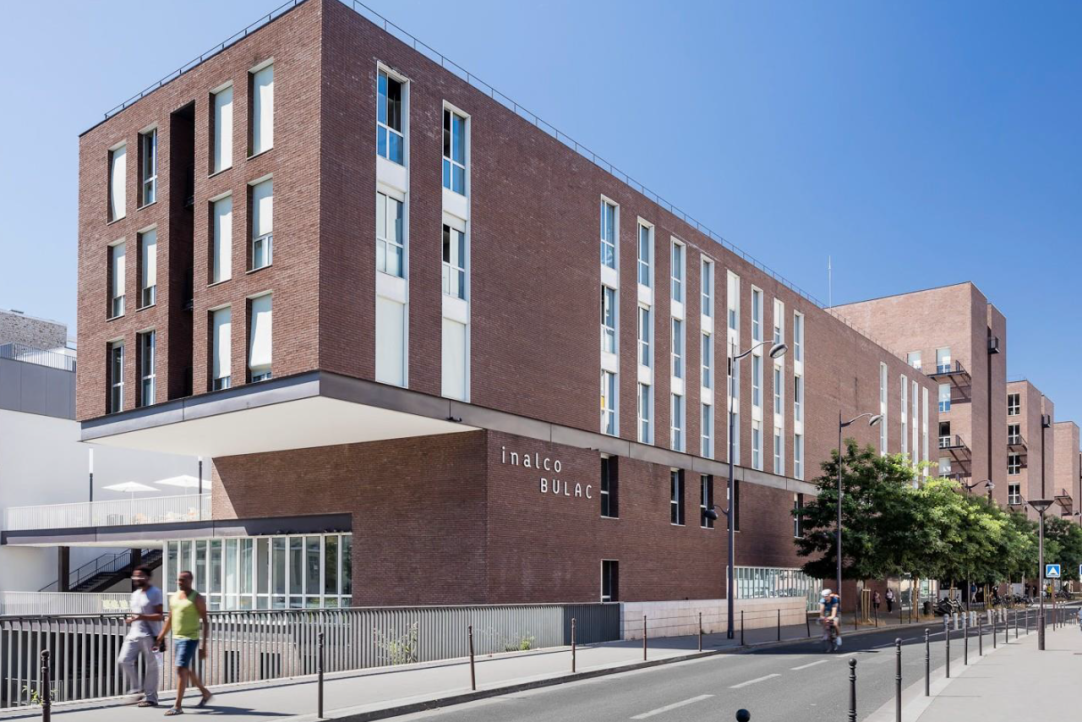
Tag "research projects"


How Do People Control Privacy on Social Media and What Has the Digital Literacy Got to Do with This?


As part of the Basic Research Support Program, the Center for Youth Studies, the Laboratory for Comparative Social Research, and the International Laboratory for Social and Cognitive Informatics have opened a competition for research interns.

Oleg Korneev, Academic Supervisor of the Programme “Comparative Politics of Eurasia”, represented Higher School of Economics is Saint Petersburg with a presentation.


